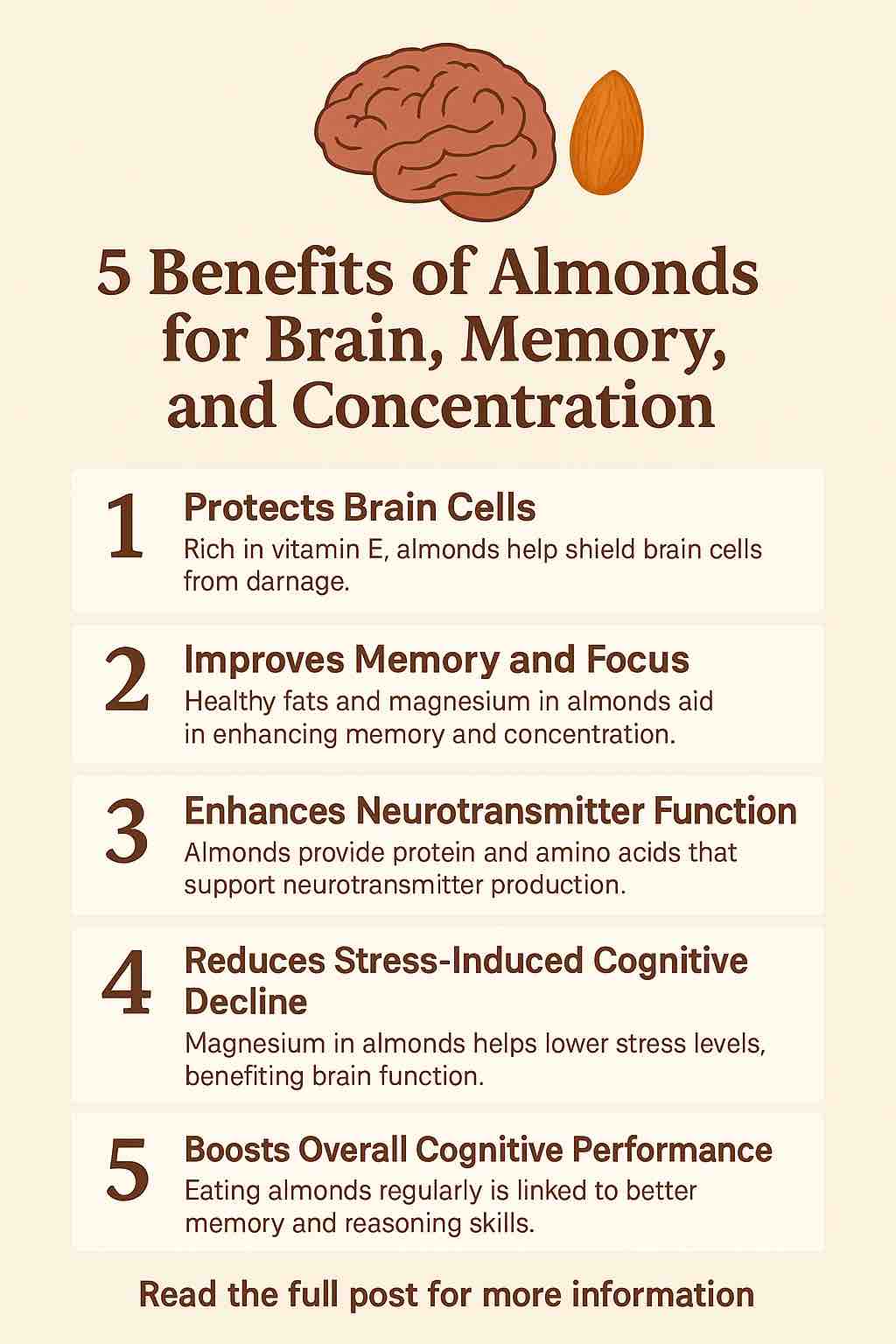
Gardening is often viewed as a hobby, a way to relax or beautify your surroundings. However, research shows that it can also be a powerful tool for improving your physical and mental health, enhancing the quality of your life, and potentially increasing your lifespan. In this blog post, we’ll explore how the act of gardening can be a key factor in living a longer, healthier life—both from a scientific standpoint and a personal experience. Whether you’re a seasoned gardener or a curious beginner, the benefits of nurturing plants extend far beyond the garden bed.
The Physical Health Benefits of Gardening
1. A Full-Body Workout
When we think of exercise, we often imagine hitting the gym, going for a run, or doing yoga. But gardening is an often-overlooked activity that can provide a solid full-body workout. Tasks such as digging, planting, weeding, watering, and raking can improve cardiovascular health, increase muscle strength, and enhance flexibility. Gardening is a low-impact activity that doesn’t strain the body, which makes it ideal for people of all ages, especially seniors or those with joint concerns.
Studies have shown that gardening can significantly lower blood pressure, reduce cholesterol levels, and even decrease the risk of heart disease. It’s a form of physical activity that naturally integrates into your daily routine, making it sustainable over the long term. Engaging in these activities for just 30 minutes to an hour a day can offer substantial cardiovascular benefits and help maintain an active lifestyle.
2. Bone Health and Vitamin D
Another surprising benefit of gardening is its contribution to bone health. When you spend time outdoors tending to your plants, you naturally expose your skin to sunlight. Sunlight is a primary source of vitamin D, a nutrient that plays a crucial role in calcium absorption and bone strength. Regular exposure to sunlight while gardening helps your body produce enough vitamin D, which is essential for preventing conditions like osteoporosis and fractures as you age. In fact, a consistent gardening routine can contribute to stronger bones and a reduced risk of bone-related diseases, especially in older adults.
3. Boosting Your Immune System
Gardening does more than just promote physical fitness—it also has a positive impact on your immune system. When you interact with soil and plants, you’re exposed to a variety of beneficial microbes that can help strengthen your immune defenses. This exposure to natural bacteria and microorganisms can stimulate the immune system, making it more effective at fighting off illnesses and infections.
The physical exertion involved in gardening also enhances blood circulation, which improves overall immune function. As your heart pumps more oxygenated blood through your body, your cells receive better nourishment, and your body becomes better equipped to fend off harmful bacteria and viruses.
The Mental and Emotional Benefits of Gardening
1. Stress Reduction
Gardening is one of the most effective ways to combat stress and reduce anxiety. The act of caring for plants and spending time outdoors has been shown to lower levels of cortisol, the hormone primarily responsible for stress. The rhythmic tasks involved in gardening, such as watering plants, pulling weeds, or trimming hedges, can serve as a form of mindfulness—a practice where you focus your attention entirely on the present moment.
The meditative aspects of gardening help shift your focus away from life’s pressures and worries. Research has shown that simply being in nature and interacting with plants can induce a sense of calm and relaxation. In fact, a study published in Psychology Today revealed that spending time in a garden can be just as effective as other forms of stress relief, such as meditation or yoga.
2. Improved Mood and Mental Clarity
Regular gardening can significantly improve mood and cognitive function. Gardening encourages the production of serotonin and dopamine, neurotransmitters that regulate feelings of happiness and well-being. These chemicals play a vital role in reducing feelings of anxiety and depression, helping you feel more content and positive.
In addition to boosting your mood, gardening can enhance mental clarity. The outdoor environment provides a natural boost to cognitive function, helping to reduce brain fog and improve focus. As you engage in gardening, your brain enters a state of relaxation, which increases creativity, critical thinking, and problem-solving abilities.
3. A Cognitive Boost for Older Adults
For older adults, gardening offers even more compelling benefits. Numerous studies have demonstrated that gardening can help slow down cognitive decline and reduce the risk of dementia. A study conducted by the University of Texas found that seniors who gardened regularly exhibited better cognitive function than those who didn’t engage in any gardening activities.
The physical and mental stimulation provided by gardening can help keep the brain sharp, providing a form of mental exercise that enhances memory and concentration. Gardening also offers seniors a sense of purpose and accomplishment, which can be crucial in maintaining a positive outlook on life and preventing feelings of isolation or loneliness.
Gardening as a Path to Longevity and Quality of Life
1. Social Benefits and Community Engagement
Humans are inherently social creatures, and gardening can be an excellent way to foster a sense of community. Whether you’re part of a local gardening group or simply chatting with neighbors while tending to your garden, these social interactions contribute to a greater sense of belonging and well-being. Feeling connected to others has been shown to increase lifespan, with studies indicating that individuals with strong social ties are more likely to live longer and enjoy a higher quality of life.
Community gardens, in particular, provide an opportunity for people to collaborate, share knowledge, and work together toward a common goal. This sense of camaraderie can improve mental health, provide emotional support, and even reduce feelings of isolation or loneliness, especially in older adults.
2. A Sense of Purpose and Accomplishment
One of the most fulfilling aspects of gardening is the sense of purpose it provides. From planting a tiny seed to watching it grow into a beautiful plant, the process of nurturing life is deeply satisfying. Gardening offers a tangible way to witness the fruits of your labor, which provides a sense of accomplishment and pride.
This sense of achievement can be incredibly rewarding and is a key factor in maintaining a positive outlook on life. It instills a sense of responsibility, routine, and connection to the natural world, all of which contribute to overall happiness and life satisfaction.
3. A Deeper Connection to Nature
Gardening allows you to connect with nature in a way that most other activities simply cannot. Spending time outdoors, breathing in fresh air, and witnessing the growth and transformation of plants can provide a sense of awe and appreciation for the world around us. This connection to nature encourages mindfulness and fosters a sense of environmental stewardship, contributing to a more balanced and fulfilling life.
Research has shown that people who spend more time in nature experience lower levels of stress, greater overall happiness, and even longer lifespans. Gardening is an easy way to integrate more time in nature into your daily routine.
Scientific Insights: What the Experts Say
A meta-analysis of 40 studies examining the benefits of gardening revealed that this simple activity has a profound effect on both physical and mental health. The research found significant improvements in participants’ mood, quality of life, and overall health status. Gardening was associated with lower levels of depression, increased physical activity, and higher levels of life satisfaction.
The scientific evidence overwhelmingly supports the idea that gardening is not just an enjoyable pastime, but a powerful tool for enhancing well-being and longevity.
Getting Started with Gardening
If you’re new to gardening, don’t worry—it’s never too late to start! You don’t need a sprawling backyard to reap the benefits of gardening. Small spaces, such as balconies, windowsills, or even your kitchen counter, can be transformed into vibrant gardens. Container gardening, growing herbs, or tending to indoor plants are all excellent options for those with limited space.
Start by choosing easy-to-grow plants like succulents, herbs (basil, thyme, mint), or flowers such as marigolds or sunflowers. Over time, as you gain confidence and experience, you can experiment with more challenging plants or even create your own garden design. Gardening can be as simple or complex as you want it to be.
Conclusion: The Power of Gardening for a Longer, Healthier Life
Gardening is so much more than just a way to pass the time—it’s a proven practice for living a longer, healthier, and happier life. Whether it’s the physical benefits of exercise, the emotional boost of spending time outdoors, or the mental clarity and sense of purpose it brings, gardening offers an array of advantages that can improve your overall well-being. So, grab your trowel, dig in, and let the healing power of gardening work wonders for your mind and body. Your future self will thank you. 🌱🌸
Frequently Asked Questions (FAQs)
1. Can gardening really help reduce stress?
Yes, gardening is known to reduce stress by lowering cortisol levels (the stress hormone). The repetitive tasks involved in gardening, such as watering or weeding, can induce a meditative state that helps calm the mind and promote relaxation.
2. How much gardening should I do to see health benefits?
Even just 30 minutes to an hour of gardening a few times a week can provide substantial physical and mental health benefits. Regular engagement, however, will maximize these effects.
3. Is gardening a good form of exercise?
Absolutely! Gardening is considered a low-impact, full-body workout. It engages your muscles, improves flexibility, enhances cardiovascular health, and can even help with weight management.
4. Does gardening improve bone health?
Yes, gardening helps boost vitamin D production when you’re exposed to sunlight, which is essential for calcium absorption and bone strength. It can help reduce the risk of osteoporosis, especially in older adults.
5. Can gardening improve my mood and mental health?
Yes, gardening has been shown to boost serotonin and dopamine levels, neurotransmitters that regulate mood and happiness. Regular gardening can lead to reduced symptoms of depression and anxiety.
6. Is gardening beneficial for older adults?
Gardening provides both physical and cognitive benefits for older adults. It can improve physical strength, flexibility, and cardiovascular health while also reducing the risk of dementia and cognitive decline.
7. Can gardening help prevent cognitive decline or dementia?
Yes, research suggests that gardening can enhance cognitive function in older adults and reduce the risk of conditions like dementia. Gardening stimulates both the mind and body, which helps keep the brain sharp.
8. What types of plants are best for beginners?
For beginners, plants like herbs (basil, mint, parsley), succulents, and easy-to-grow flowers (sunflowers, marigolds) are great choices. They require minimal care and are resilient in various environments.
9. Do I need a large garden space to benefit from gardening?
No! Even if you don’t have a large yard, gardening can be done in small spaces, such as balconies, windowsills, or indoors. Container gardening and growing plants in pots are great options.
10. Can gardening help with my immune system?
Yes, gardening can strengthen your immune system by exposing you to beneficial microbes in the soil, improving circulation, and encouraging physical activity that enhances overall immune function.













